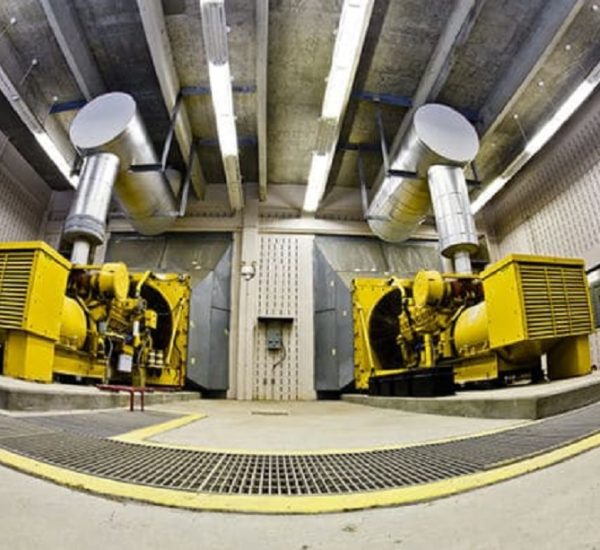
5 Common Misconceptions About Backup Generators
Most homeowners have misconceptions about Backup Generators, such as that they are too expensive or don’t need one. In reality, these devices are not only cheap to purchase but also highly versatile, meaning that you can use them to power as much or as little of your home as you want. But if you’re still undecided, here are five common myths about Back-Up Generators you should be aware of.
Backup generators can be used with or without the grid.
When you choose to live off the grid, you make a lifelong commitment to energy self-sufficiency. Batteries hold specific energy. Therefore, you may not be able to store enough energy for a blackout, and a backup generator is vital. With a backup generator, you will be able to power your home during power outages.
A generator installs philadelphia pa can provide energy for your home without disrupting your power supply. A backup generator can run off solar power or diesel fuel and have grid-tied and off-grid options. Hybrid solar systems are hybrids with extra battery storage.
They can be used to power as much or as little as you need
When purchasing a backup generator, you should determine the power you need. Typically, you will only need the power you need for a few hours, but you can always buy a larger one if you’re unsure. When deciding on the size of your generator, consider the power requirements of your home and the geography. For example, a home standby generator is typically more significant than a portable generator, but you may need a larger model.
If you’re in an area with frequent power outages, you’ll probably want a home standby generator. These units can provide enough power to power your entire home, including heating and air conditioning. First, determine how much power you need for your primary residence. If you only need to power a few appliances, you can purchase a portable generator for a single appliance.
They need to be tested under load.
To ensure your backup generators continue to deliver power during outages, you should have them tested under load at least once per month. Depending on the type of generator, load testing should be performed monthly, weekly, or as often as necessary. Testing should also comply with any local regulations. For example, healthcare facilities in Minnesota must test their generators monthly. In addition, level 2 generators should undergo an annual test at seventy to eighty percent of the full load. However, if your building’s regulations call for a higher load test frequency, your insurance provider may refuse to cover your losses.
When a backup generator has been idle for a long time, it is time to be tested under load. Testing your backup generator under load helps facility managers diagnose any problems and determine how much it’s needed to keep your facilities up and run in case of a disaster. Testing also removes the effects of wet stacking, a common problem that damages generator components like the combustion chamber and exhaust pipe. In addition, by running the generator at the proper percentage of its rated load, carbon deposits will be burned off.
They are expensive
One of the first questions you should ask yourself before buying a backup generator is how much power it will need to run your home. This is because most backup generators used for homes run on liquid propane or natural gas. However, if you want to run on diesel, you need a liquid-cooled whole-house type. Therefore, before purchasing a backup generator, verify that your home is equipped with the correct gas meter and a fuel tank.
Another misconception about backup generators is that they cost too much. Although these devices can be costly, they provide peace of mind during a power outage. But their actual cost comes when you need them most, such as during an extended power outage. Most backup generators run out of fuel and suffer from poor performance when running continuously for days. Moreover, they are also dirty and ineffective, mainly used for a long time.
They need to be maintained.
In a recent commentary in the Wall Street Journal, Pulitzer-prize-winning author Anna Quindlen wrote about the importance of a backup power generator and the costs and benefits of owning one. She described her own experience of losing power in rural Pennsylvania and subsequently buying a backup generator with propane fuel. In addition, she compared having a backup generator to the cost of unprotected sex.
Whether or not you live off the grid, a backup generator installation can keep your home or business powered during stormy weather and cold winter months. Lightning, high winds, and icy power lines can cause a power outage. A backup generator can help ensure power for your home and family and protect your investments. While most generators are not built to provide power for a whole house, they can provide enough power for a small family.